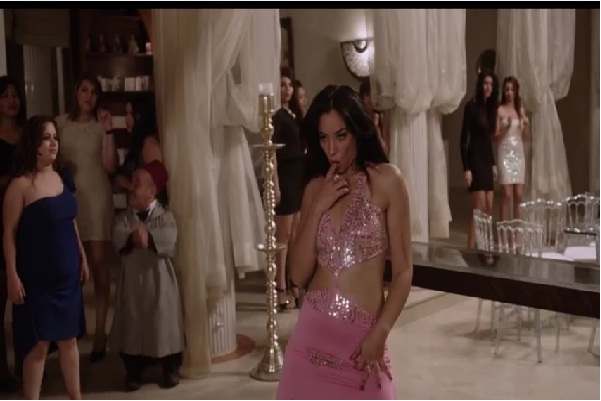
Rabat - Morocco has opted to ban Nabil Ayouch's film on prostitution "Much Loved (Zine li Fik)", bowing to public pressure that has started since clips from the film were posted to YouTube last week.
The film, which depicts the daily lives of four prostitutes in the city of Marrakech, has enraged many in Morocco and has caused a furor among social media users and local civic associations who called on authorities to ban the film.
Many were trying to torpedo the release of the X-rated film in Moroccan movie theaters, saying it belittles women and shows them in a negative light. The Moroccan government has responded to the growing public outcry by banning the film on Monday, May 25th. A statement from the Ministry of Communication said the "film undermines the moral values, and dignity of Moroccan women, as well as all the image of Morocco."
The ban has sparked a heated debate amongst social media users. Some view the ban as a useless move that will not remedy the prostitution problem in the country, while others applauded the decision, arguing that the film, if released, would tarnish Morocco's image and risk diminishing its international standing.
"The government heard the people of Morocco high and clear that they don't want this movie in the country's theaters, now Ayouch get a life and find something to do instead of sticking on an issue that majority of Moroccans reject," Facebook user Abell Sidali said.
"Personally, I am glad to see it banned. Most people who would've seen the movie probably just wanted to see it for the sex and nudity. Let's not kid ourselves, most were not planning to watch it for social enlightenment or to help ignite change or to somehow better the lives of these young women," user Cynthia Cox de Boutinkhar said, commenting on the Facebook official page of Morocco World News.
"And besides, in a Muslim society such as Morocco, this is not the sort of movie that should be released in theaters. I'm sure those who really want to see the movie will find it online. And all the publicity and notoriety will make the makers very rich when it is released elsewhere," she added.
Other social media users have criticized the move, saying the Moroccan authorities are missing the point by not addressing the real issue.
"Instead of actually dealing with the issue and try and come up with solid solutions, the government bans one of the few movies that tells the raw truth as it is, unedited, uncut. "El'khobz El'hafi" is happening all Over again," Facebook user Oussama Melouani said.
Another Facebook user Hanane Ben echoed the same sentiment and said regarding the ban: "They should ban the prostitution and not movies."
"How about Morocco allow the movie and ban prostitution? Wouldn't that make more sense? Are we such hypocrites to act as if this movie is the problem and not the reality on the ground? If anything, this movie is a wakeup call and should be encouraged instead of harshly criticized as it depicts a reality what EVERYONE knows but chooses to turn a blind eye to...," online commentator MrSamgx40 said.
The Ministry of Communication said in a statement that a group from the Moroccan Cinematographic Center (CCM), the country's regulatory body, saw Nabil Ayouch's film in an international film festival and therefore it decided not to authorize the release of the film in Morocco.
The ban could cost the film millions in earnings, as filmgoers were expected to crowd theaters when it is released.
The post Morocco’s Ban on Nabil Ayouch’s Film Stirs Controversy appeared first on Morocco World News.